Theresa Therriault, a volunteer for The Bloom Project, and I in the studio this past spring. The Bloom Project was featured on PRP’s ongoing series Community Voices, which highlights non-profit organizations in the Portland community.
By Emily Neelon |
Media tell stories through ever-changing and progressing platforms. They allow us to share memories within the carefully cropped boxes of Instagram and 140-character tweets on Twitter. Broadcast, print, and online media inform us of important news happening locally and globally, allowing us to connect and interact with our communities.
Media have become so integrated into our daily interactions, whether we are sharing stories or receiving them, that we barely notice their presence and influence on our knowledge and perceptions of our world. Behind the driving force of storytelling in our communities is a threat to honest and authentic media: consolidation by major corporations, especially in the radio industry.
“The consolidation of our communications infrastructure has reduced the number of newsrooms and minimized the kind of investigative journalism that holds power accountable. All because a few giant companies want to dominate smaller companies and build monopoly markets across the nation,” –commoncause.org
In the past, local radio stations were independently owned and operated, providing content for the community by the community. In today’s media landscape, large corporations own the majority of stations in the market. Iheartradiomedia Inc., formerly known as Clear Channel Communications, owns over 1200 radio stations nationwide.
Why does radio consolidation matter?
It matters because it minimizes choice in radio programming, taking away the opportunity for local bands and artists to share their music with their community. It matters because local stations are no longer authentically local; generic broadcasts repeated in city after city frame the listener experience.
“The fewer reporters there are on the streets, the less journalism there is on the news. The fewer DJs there are at your local radio station, the more automated computers and pre-programmed playlists take over.” –freepress.net
It matters because people who are passionate about reporting local news and sharing local music continue to lose their jobs. Ownership concentration has reshaped the broadcast journalism and music industries both nationally and here in Portland. It matters as radio listenership declines and local storytelling is erased.
Portland Radio Project and other independent operations offer an alternative to corporate media. After interning at PRP.fm last year, and learning about the consolidation trend, I was inspired to learn what happened, why it happened, and what it means for the way we receive information in a democracy. Join me and watch this space for intriguing news about Independent Media Matters.
A brief history of radio consolidation:
- A Very New Pickathon in 2022 - August 13, 2022
- Pickathon returns to Pendarvis Farm! It’s not just the artists that’ll be new. - August 3, 2022
- July is BIPOC Mental Health Awareness Month (Black, Indigenous, Persons of Color) - July 14, 2022


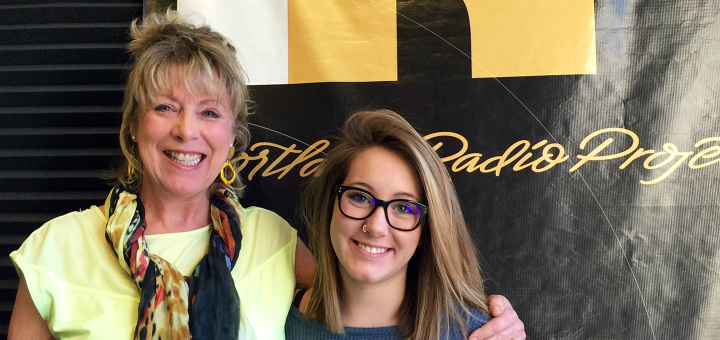
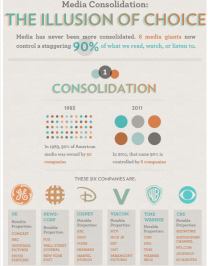
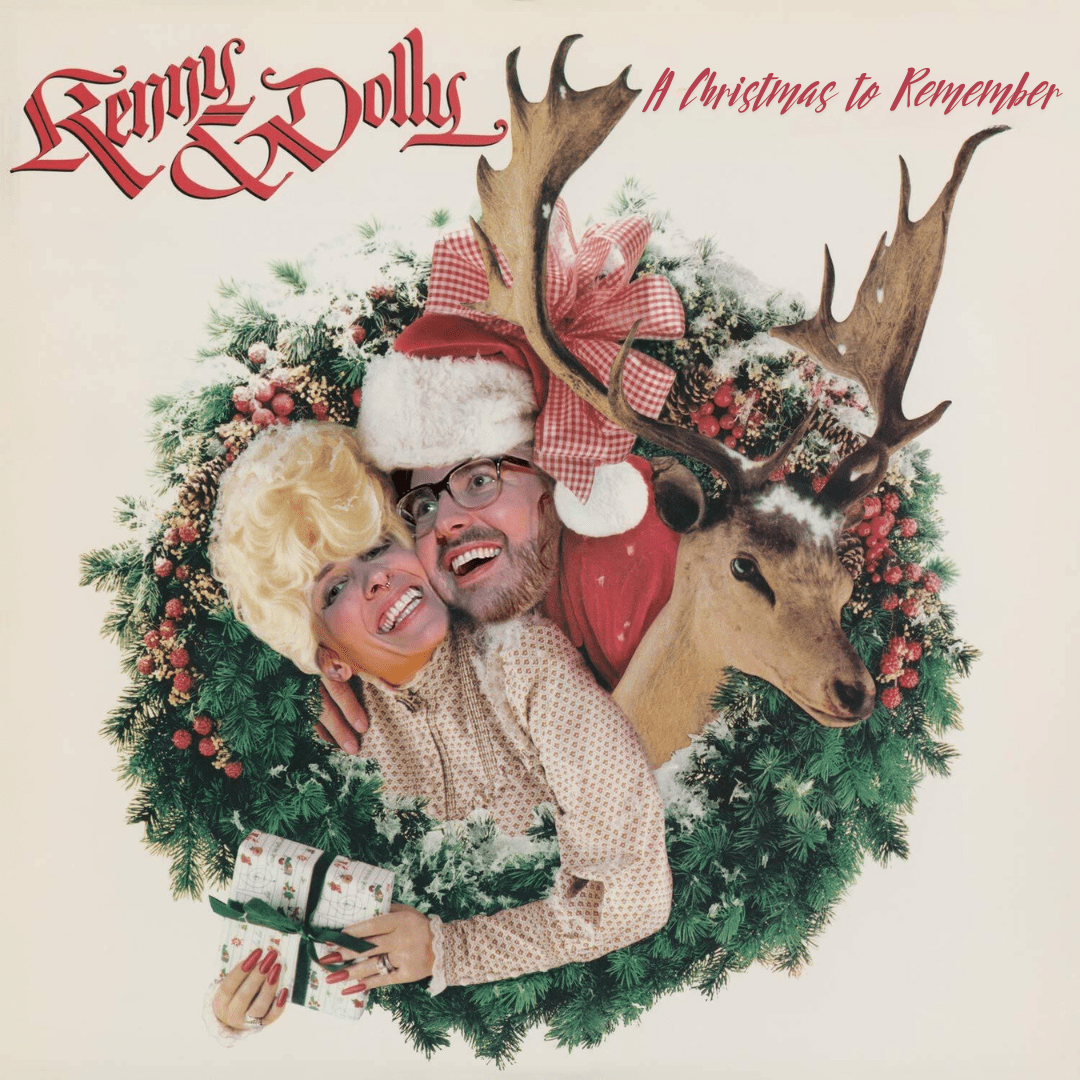


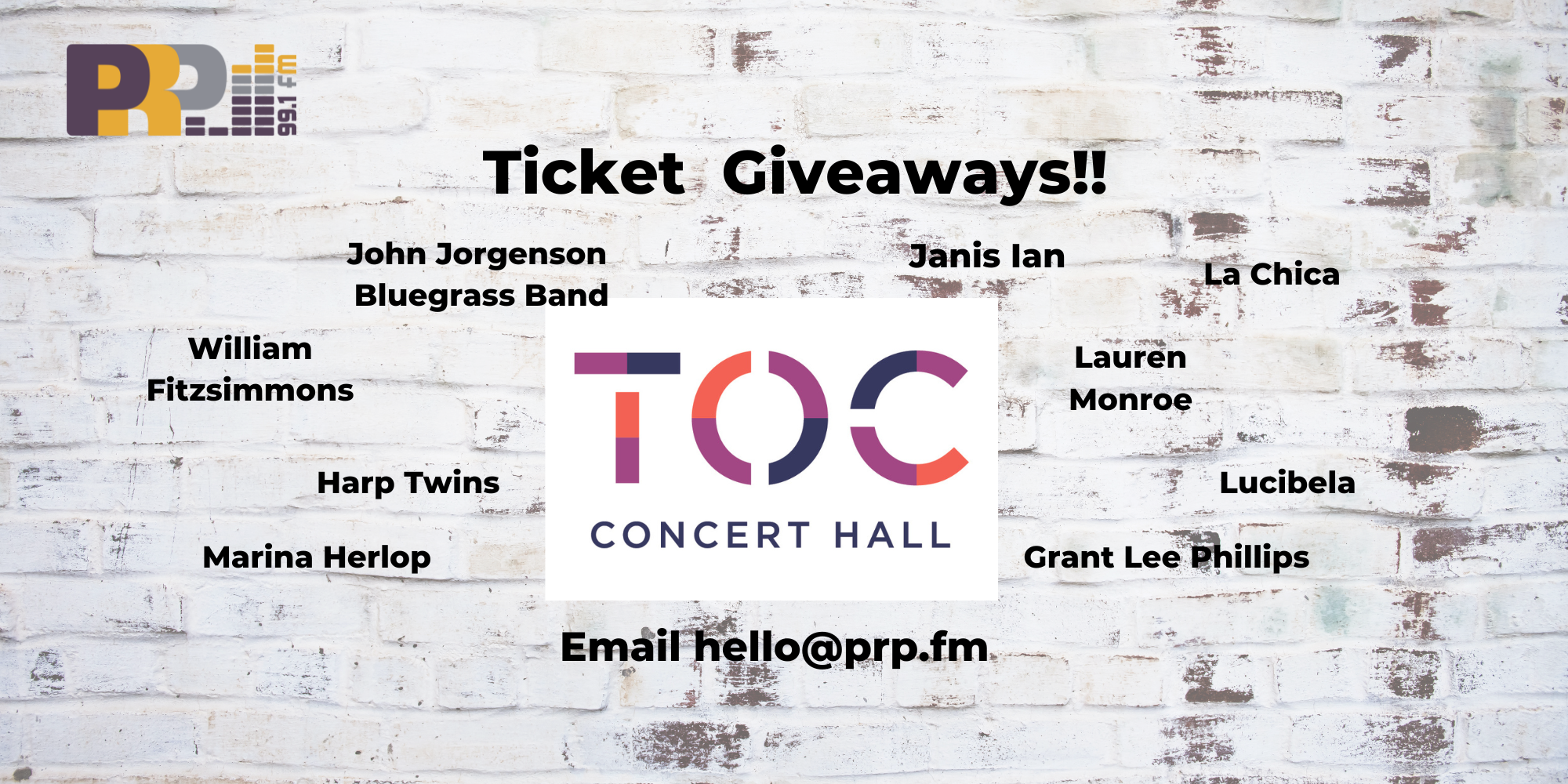
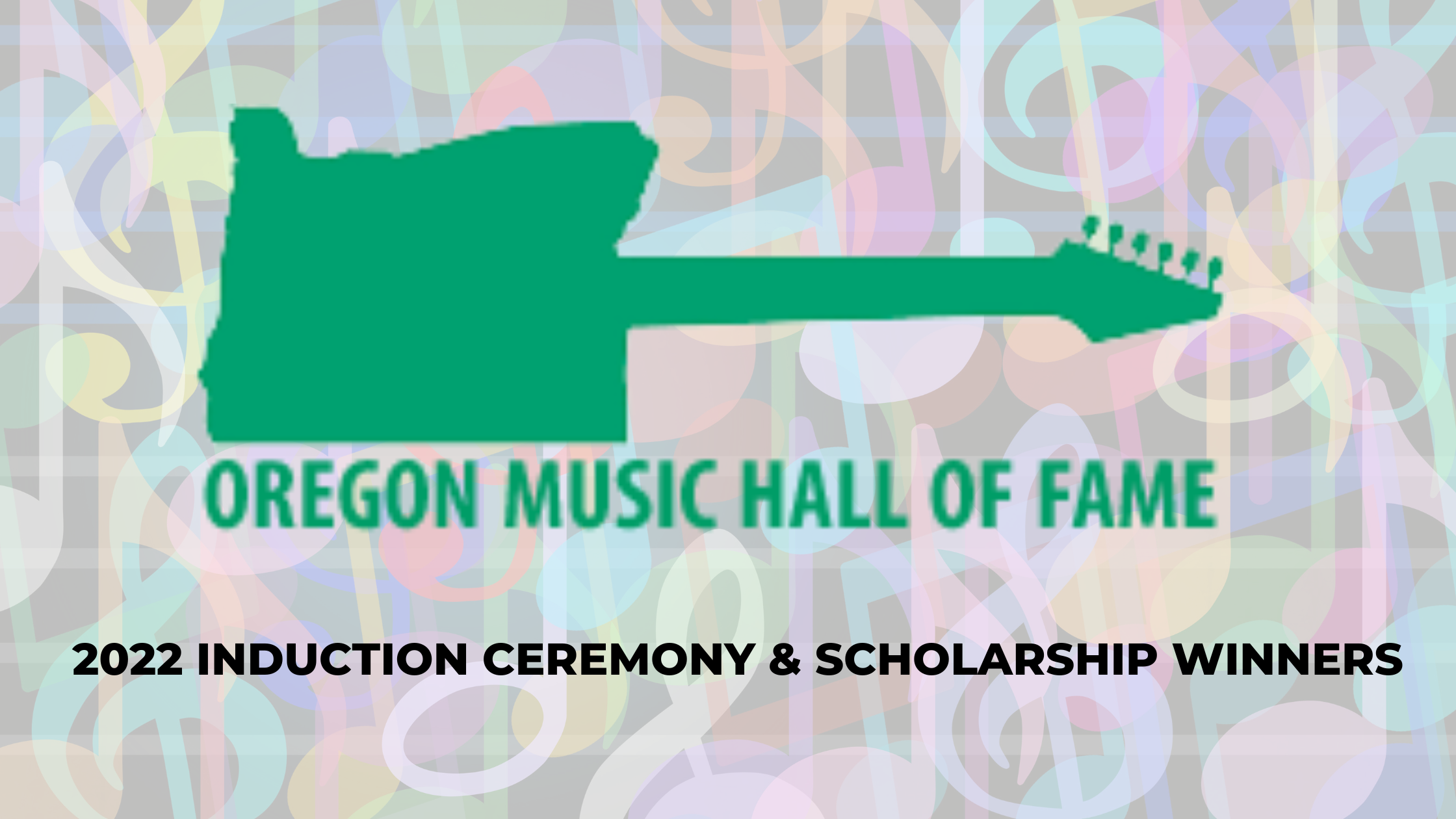
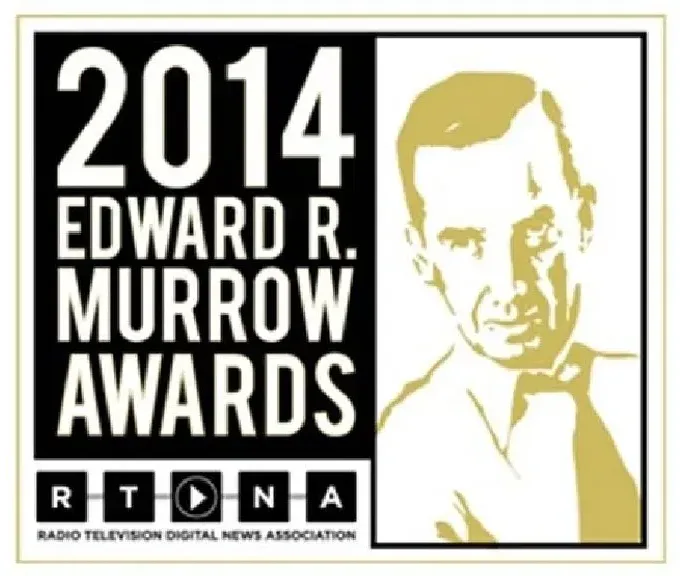
[…] the Portland Radio Project put it, “(Radio consolidation) matters because it minimizes choice in radio programming, […]